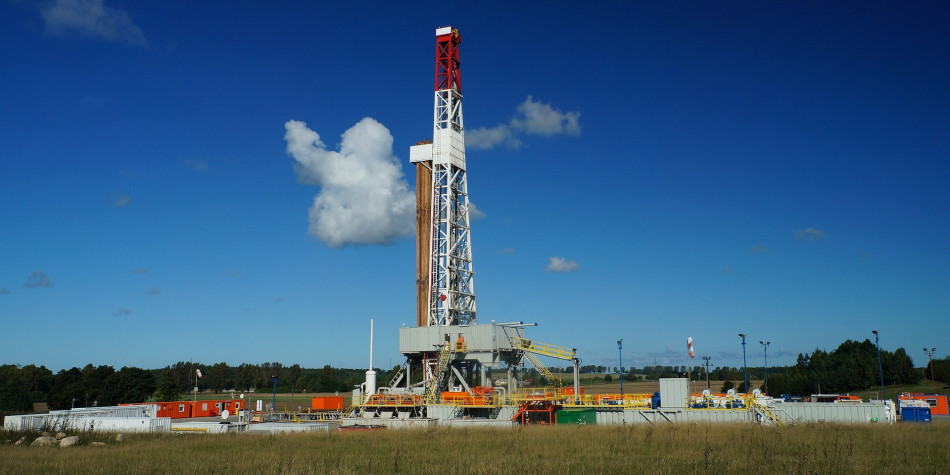
During storage, sludge – waste generated during oil drilling – can have a negative impact on the environment, as it contains pollutants. PNRPU scientists proposed using this type of waste as a substitute for mineral powder in the production of asphalt concrete.
As part of the study, samples of drilling mud from oil fields in Western Siberia were selected and analyzed.
— In the course of laboratory studies, it was found that there is no excess of the maximum permissible concentration of heavy metals in the mobile form in the drilling mud, — says Anton Vlasov, a graduate student of the Department of Environmental Protection.
To prove its effectiveness as a mineral powder, studies of the physical and mechanical characteristics of the obtained asphalt concrete samples were carried out.
— The physico-mechanical properties of asphalt concrete samples obtained by us comply with the requirements of GOST 9128-2013. Drilling mud gives asphalt concrete the necessary strength, increases the viscosity of petroleum bitumen.
This gives reason to consider it as a raw material for the production of building materials without restrictions on environmental safety indicators, — said Konstantin Pugin, Professor of the Department of Automobiles and Technological Machines of Perm Polytechnic University, Doctor of Technical Sciences, Associate Professor.
According to scientists, the use of sludge in the production of road surfaces will reduce not only the man-made burden on the environment, but also the cost asphalt. The product will expand the range of road construction materials.
The development was presented at the IOP: Materials Science and Engineering conference. The research materials are published in the journal "Modernization and
scientific research in the transport complex". The research was carried out within the framework of the Academic Strategic Leadership Program "Priority-2030".
The study corresponds to the directions "Hydrocarbons" and "Ecology and safety of territories" of the Perm REC.


